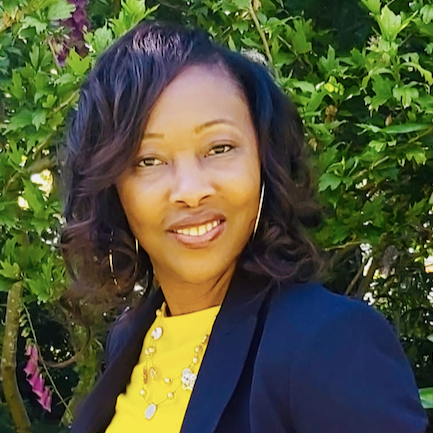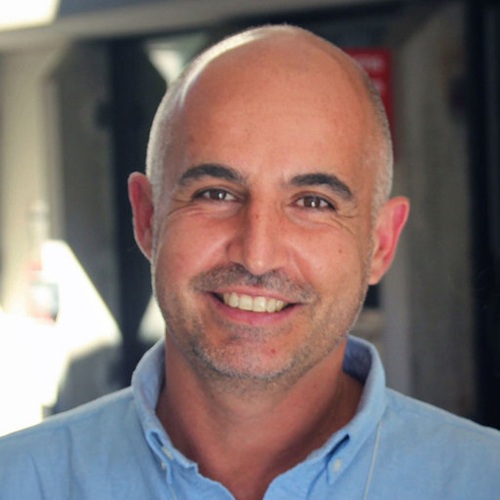ADCET UDL Symposium: Liberatory Pedagogy - Where UDL Meets Anti-Racism
In-person workshop
The recent policy, rhetorical shifts and the growing backlash against EDI initiatives sweeping across North America expose the contentious nature of equity work and the persistent tensions between performative commitments and substantive structural change.
The current climate calls for an urgent need to interrogate the race-neutral lens that continues to shape much of UDL scholarship, revealing the limitations of accessibility frameworks that fail to engage meaningfully with systemic racism and the lived experiences of marginalised learners. The current iteration of UDL (3.0) calls for learners' multiple and intersecting identities to be woven across all three UDL principles.
This interactive workshop asserted that, to do this, educators must critically interrogate UDL approaches with an understanding that even the most well-intentioned UDL practices risk reinforcing dominant norms that marginalise racialised students.
UDL has historical origins, which could dangerously limit its relevance to diverse learners. It has been promoted exclusively in relation to the needs of students with disabilities and by accessibility practitioners and Disability Studies scholars. The usefulness of this framework is inherently limited. In this interactive workshop, participants:
- Explored the limitations of UDL scholarship and field initiatives that overly focus on disability without considering race
- Examined some of the tension which makes merging UDL and anti-racism challenging for instructors
- Explored classroom practices that succeed in merging UDL strategies and anti-racism objectives
- Considered some of the institutional hurdles that can limit the scope of this work.
This workshop modelled UDL in its format. It was articulated in round-table conversations for active participants’ roles in the outcomes. Participants were given the opportunity to contextualise the outcomes within their institutional context, allowing for engagement in ways that go beyond conventional facilitator-led delivery.
Presenters

Dr Tanya Manning-Lewis is an Assistant Teaching Professor at Thompson Rivers University in Canada. She has served the education sector for over 22 years as a secondary school teacher, teacher educator, community-engaged researcher, and advocate for vulnerable populations in local, multicultural, and international contexts. She is a social justice educator whose practice is grounded in compassion and the ethic of care. Her research focuses on Equity, Diversity, and Inclusion (EDI), student experience, language and socialization, gender, and decolonial practices. Through her work, she continuously seeks to develop pathways for critically and authentically engaging in deeper understanding of social justice education.

Dr Frederic Fovet is an Assistant Professor in the Faculty of Education and Social Work at Thompson Rivers University. He has previously held faculty positions at the University of Prince Edward Island and Royal Roads University. He has also been Head of Accessibility Services at McGill University for a period of four years, for the duration of his PhD. He was responsible, in this role, for the campus wide roll out of Universal Design for Learning strategies Frederic acts as a UDL and Inclusion consultant, domestically and internationally, in the K-12 and post-secondary sectors. Frederic was the instigator of and the Program Chair for the three first Pan-Canadian Conferences on UDL which took place in Montreal, Charlottetown, and Victoria, in 2015, 2017, and 2019 respectively. He has been a member of the editorial board of the International Journal of Disability and Social Justice (IJDSJ) since 2020 and has been invited to join the Editorial Executive in 2023.
(June 2025)

